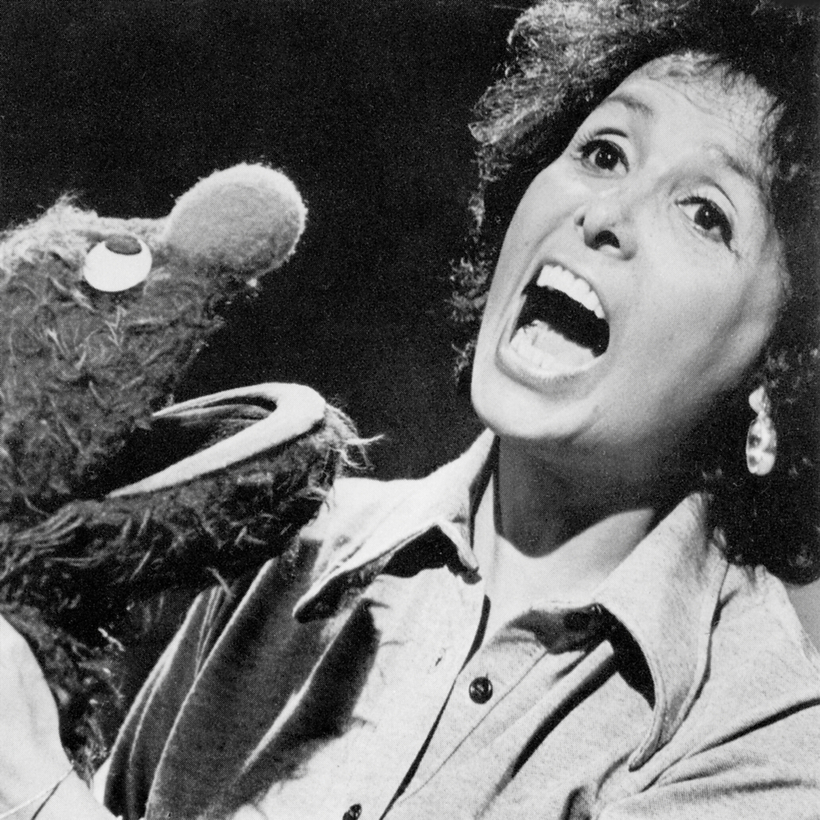David Kamp’s new book is the story of how a golden era in children’s television came to be and how its mission, characters, and music became the educational and cultural touchstones for a generation.
Kamp knows cultural touchstones. He is a longtime contributor to Vanity Fair, where he writes about entertainment, celebrity, and the whim of the Zeitgeist. Kamp’s first book, The United States of Arugula: The Sun Dried, Cold Pressed, Dark Roasted, Extra Virgin Story of the American Food Revolution (2006), described how food fads and the people who fuel them have shaped America’s relationship to food and our taste buds. Kamp’s video series, “The Snob’s Dictionary” (based on several of his books by the same name), further mined this vein, exploring the world of the culture snob, “for whom knowledge of subjects is more important than the actual enjoyment of them.”


